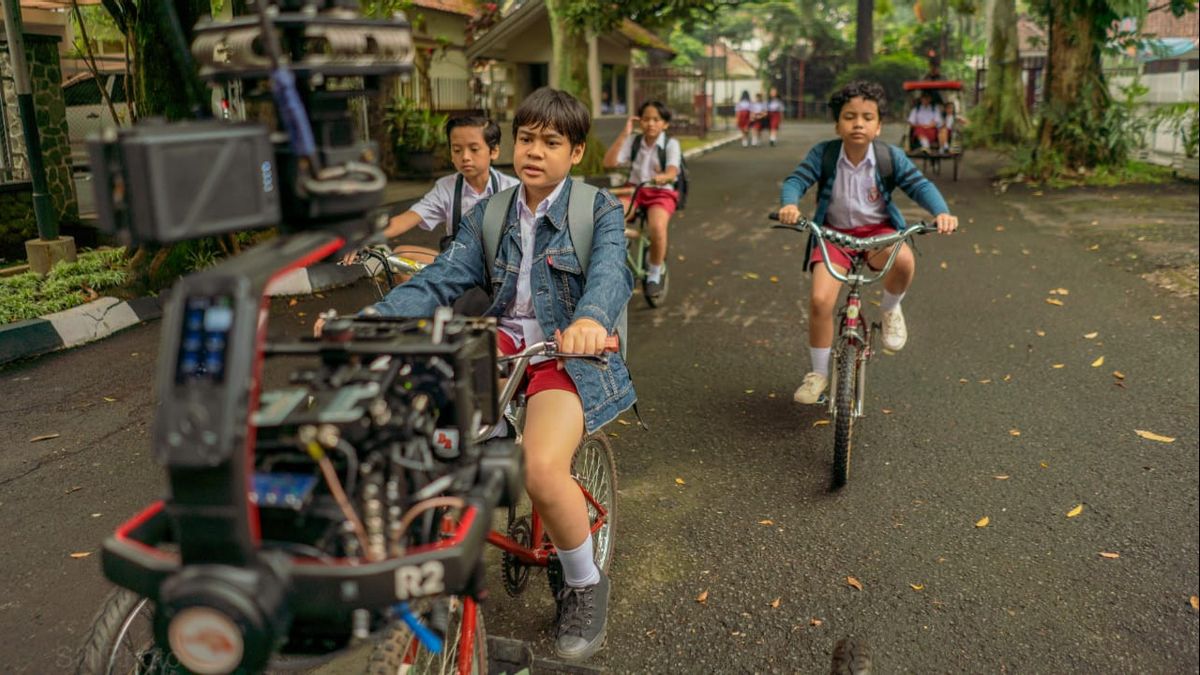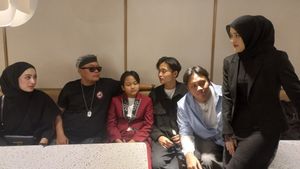JAKARTA - Film Dilan 1983: Wo Ai Ni will be shown in theaters starting June 13. The film, directed by Fajar Bustomi and Pidi Bais, tells about Dilan's love story when children are full of fun.
In 1983, after a year and a half living in East Timor, Dilan returned to Bandung. Dilan also met his old friends at SD where he used to go to school.
There is also a new student who moved from Semarang named Mei Lien, a girl of Chinese descent. Mei Lien has forced Dilan to learn Mandarin and is interested in reading books that discuss China.
Watching this film from the eyes of parents provides many lessons indirectly. How Mother Dilan's father, played by Ira Wibowo and Pucek Depp, is a reflection of ideal conditions that parents actually want when educating their children.
Here are 4 parenting lessons that can be adopted after watching the film Dilan 1983: Wo Ai Ni.
1. Be patient Many theories state that parents must be patient in dealing with children's growth and development. Each stage of childhood has their own challenges. The film Dilan 1983: Wo Ai Ni shows how patience is done by Mother and Father Dilan.
"We'll see how cool Dilan is, from this film we'll see the source. Parents educate patiently. Give freedom but are immediately given responsibility," said Ira Wibowo.
2. Listen to Children, Not Dilan, maybe if you don't act stupidly. Even though he is still a child, Dilan has often had problems. Some scenes make the audience feel furious.
SEE ALSO:
But Pidi Baiq shows how to validate a child's feelings, don't get angry when the child acts up. Listen to the child's reasons before deciding what reaction to do.
3. Give a hug and praise Everyone likes to get hugs and compliments. From the beginning of the film Dilan 1983: Wo Ai Ni gives a warm feeling when parents are not awkward to give hugs and praises.
4. Main Science Repeating school scenes and recitation emphasizes that education is an important thing. In addition, there is an affirmation that reading is a world window. No wonder this film gets the label of all ages from the Film Censorship Institute.
The English, Chinese, Japanese, Arabic, and French versions are automatically generated by the AI. So there may still be inaccuracies in translating, please always see Indonesian as our main language. (system supported by DigitalSiber.id)

















